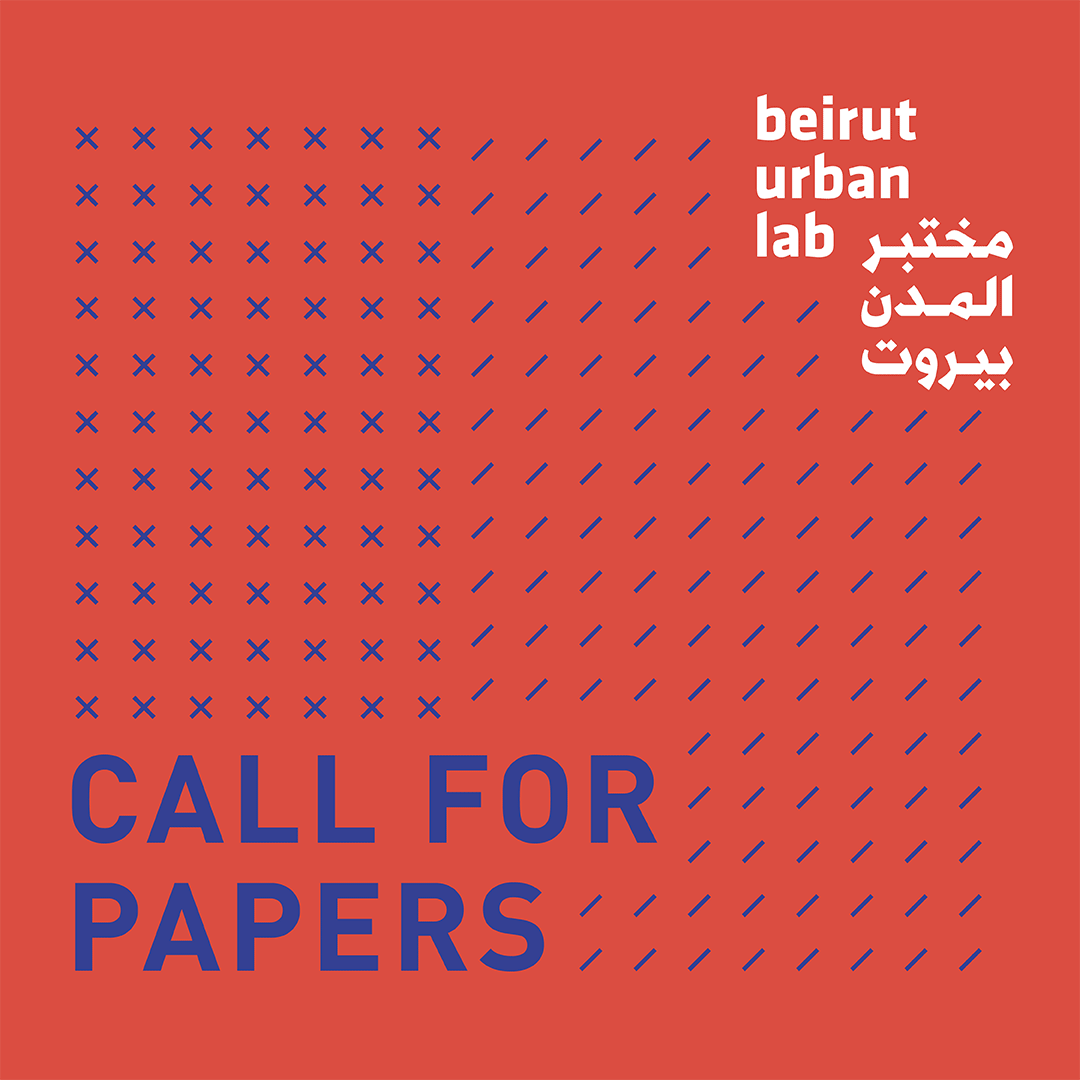Call for Papers for Research Committee 21 Conference Santiago 2024
Panel 9: South-South collaborations and dialogues: variegated epistemologies, knowledges, and experiences for postcolonial urban studies
Along with colleagues Javier Ruiz-Tagle (Universidad Católica de Chile), Mercy Brown-Luthango (University of Cape Town), and Divya Ravindranath (Indian Institute of Human Settlements).
We invite interested researchers to submit their abstracts by December 31, 2023.
Panel Description
The “Global South,” with its vague boundaries, is central to current urban theory debates (Brenner & Schmid, 2015; Robinson, 2011; Roy, 2014; Storper & Scott, 2016). Global South cities drive global population growth and informal, precarious urbanization. Colonial legacies often lead to dysfunctional or authoritarian State roles, while communities rely on cooperative networks, sometimes trapped in clientelistic networks. While socioeconomic situations vary widely, from capitalist powerhouses like Shanghai, Dubai, and Beirut to extreme poverty in Haiti, Burundi, and Yemen (Davis, 2007; Parker, 2015; Short, 2006), several factors unite these diverse situations in the global context. Mainstream postcolonial urban theory argues the following (Mammon & Yiftachel, 2022; Robinson, 2014; Roy, 2014): (1) We can’t use Northern urbanization models for Global South cities, (2) Southern ideas are crucial for a global urban perspective, (3) we can counter North-South power imbalances, and (4) we need methodological comparativism (studying North-South connections) for comprehensive theorization. While we recognize these theories’ significance in reshaping contemporary urban discourse, scholars from the Global South increasingly criticize them, highlighting contradictions and ambiguities in postcolonial efforts and the need for transformative planning (Bournazou, 2022; Fawaz & Harb, 2022; Mabin, 2014; Mignolo, 2011; Naylor, Daigle, Zaragocin, Ramírez, & Gilmartin, 2018). Firstly, many so-called “Southern theories” borrow concepts and tools from the Global North. Secondly, a change in geographic focus doesn’t always lead to a shift in thinking. Thirdly, there are limited attempts to generalize the entire Global South, mirroring the problem of urban theorization’s “usual suspects.” Instead of focusing on cities like Chicago, New York, London, Paris, and Berlin, we now see numerous studies on places like Mexico City, Sao Paulo, Johannesburg, Mumbai, and Shanghai. Fourthly, mainstream postcolonial urban theory, shaped by authors in the Global North, often from prestigious universities, imports external concerns into unsuitable contexts. This leads discussions about Global South issues primarily originating in the North, guided by agendas established there, predominantly conducted in English, and giving relative advantages to countries like South Africa and India. Fifth, Southern-produced knowledge rarely reaches the North, especially if not in English. Sixth, postcolonial theory often neglects various and competing peripheries. Lastly, South-South connections, particularly between global regions, remain underdeveloped, with many relationships still following old colonial pathways, like London. This is an invitation to expand our perspectives beyond our research specialties. Let’s discuss the geographies of theoretical production, diverse epistemologies, Southern experiences with postcolonialism, and the potential for South-South collaboration. The four Global South research centers in this proposal (IEUT, ACC, BUL & IIHS) represent this potential and seek scholars from different corners of the Global South to delve into and enrich these topics.
To check the full list of panels, visit RC21 2024’s website.
